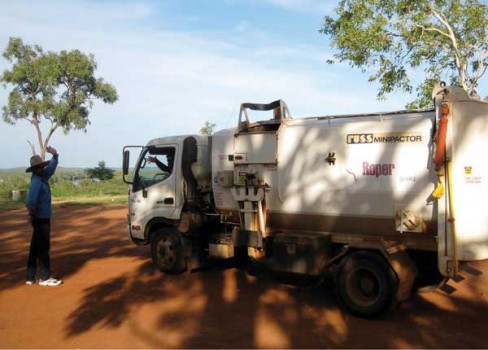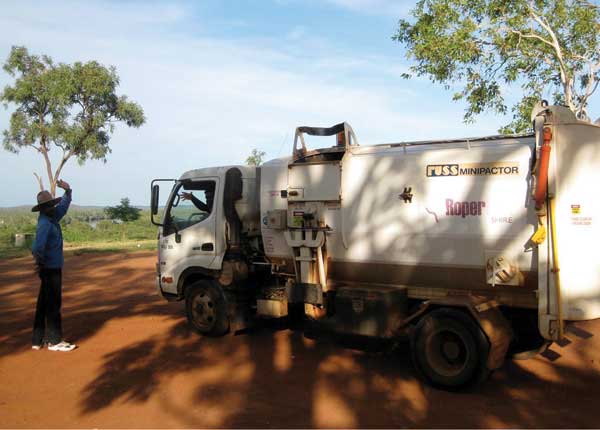
A key think tank has warned that the federal Budget has sacrificed a prime opportunity to generate jobs growth for Aboriginal and Torres Strait Islander people because it fails to support the role of local governments as a major employer of indigenous workers.
The Australian Centre of Excellence for Local Government (ACELG) based at University of Technology Sydney says that a report issued by the Council of Australian Governments last week shows that there is a pressing need for support for regional councils to employ indigenous people in their communities, cautioning that “employment outcomes for Aboriginal and Torres Strait Islander people have not improved in any jurisdiction” and that the situation is worsening.
“This is a time to invest in regions and support local government as the highest employer of Aboriginal and Torres Strait Islander government workers,” ACELG Director, Associate Professor Roberta Ryan said.
The ACELG says its research has found five per cent of the local government workforce (192,500 people) comprises of Aboriginal and Torres Strait Islander people, a figure that is substantially higher than state and territory governments (2 per cent), the federal government (1.5 per cent) and the private sector (1.3 per cent).
“Our research confirms that local governments are particularly important employers in rural and regional areas, yet the sector needs continued support to plan for Aboriginal and Torres Strait Islander employees. An opportunity exists to invest in, educate, and strengthen the capability of the local government workforce to enable this,” Associate Professor Ryan said.
The key research group is worried that the abolition of the COAG Reform Council will make it much harder for local governments to add indigenous jobs to a COAG target that is related to the employment of Aboriginal and Torres Strait Islander people in the public sector.
“It is unclear what mechanisms the federal government has planned in COAG’s absence for facilitating critical intergovernmental dialogue on this important issue,” Associate Professor Ryan said.
There are also fears that changes to rules governing the Newstart welfare benefit that came down in the latest Budget will hit rural and regional communities.
The ACELG estimates that there were more than $534 million in cuts to Aboriginal and Torres Strait Islander government and agency programs are put forward in the 2014-15 Budget that will be compounded by the new a six-month waiting period for the dole for people under 30 while those under 25 will be shunted to the lower paying Youth Allowance.
“Such changes must percolate down to local communities, places and regions,” said Associate Professor Ryan.
“It’s a straightforward equation: strengthening local government equals strengthening the regions and Aboriginal and Torres Strait Islander communities.”





Leave a Reply